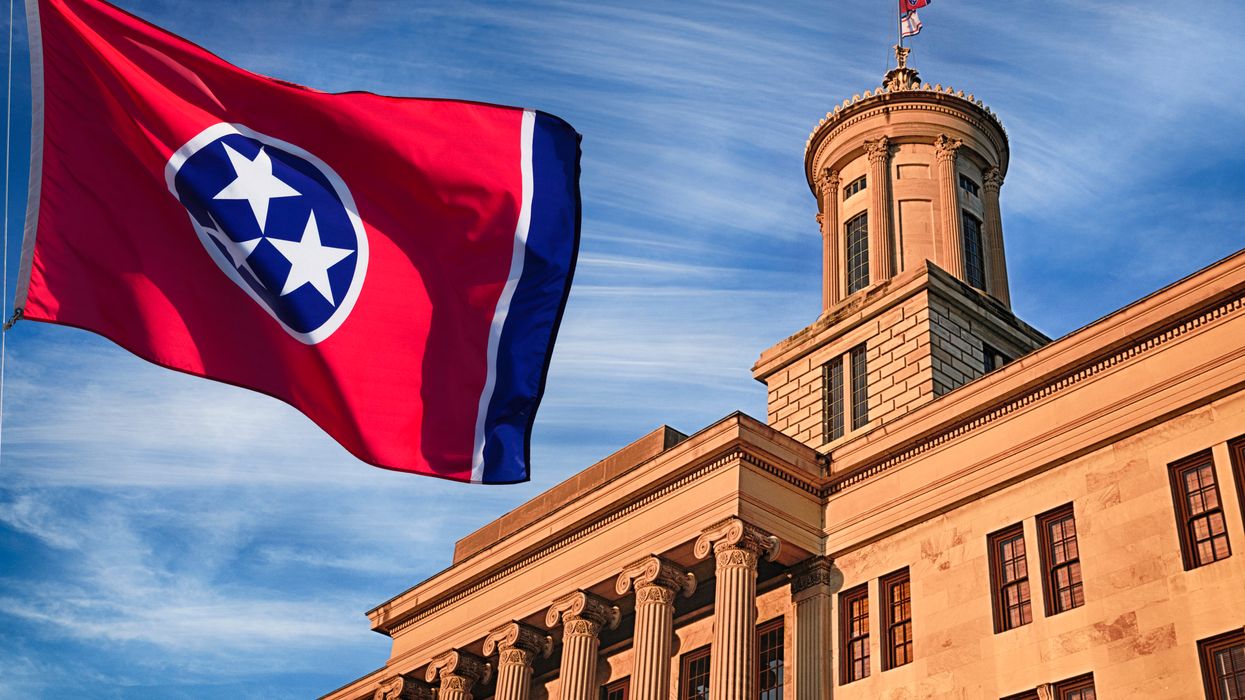Tennessee has repealed regulations on voter registration drives enacted less than a year ago, and under challenge in court ever since.
The rules, enacted and now abandoned by the overwhelmingly Republican General Assembly, appeared to be the strictest in the country governing efforts to sign up new voters.
Proponents said the aim of the law, which included criminal penalties for overzealous canvassers, was to prevent fraudulent sign-ups and intimidation. Opponents sued, saying the restrictions set unconstitutional limits on political behavior and were illegally designed to suppress the vote of minority groups and college students.
GOP Gov. Bill Lee signed a measure changing the law Thursday. It was one of the last measures cleared before lawmakers abandoned the statehouse until June because of the coronavirus pandemic.
The original law was written last May in response to a surge in registrations during the 2018 midterm campaign, when the state had one of the most competitive Senate contests in the nation. Local registrars said they were overwhelmed with paperwork that often proved incomplete or had inaccurate information.
The statute made it a misdemeanor for registration groups to pay workers based on quotas, or to enroll more than 100 voters without completing a new regime of government training and paperwork on a tight deadline. Submitting more than 100 incomplete new voter forms was also made a crime, as was the employment of out-of-state poll watchers.
The League of Women Voters, Rock the Vote and the NAACP all sued, arguing their registration efforts were being effectively silenced in a state that, despite the 2018 uptick, still has some of the lowest registration and turnout rates in the nation.
Settlement talks had reportedly intensified in the days before the Legislature moved to repeal all the provisions being challenged.
"Community voter registration drives serve a critical role in our democracy: these community-based civic engagement efforts are badly needed in Tennessee and cannot be replaced," Michelle Kanter Cohen of the Fair Elections Centers, a voting rights group. said in a statement.




















Trump & Hegseth gave Mark Kelly a huge 2028 gift